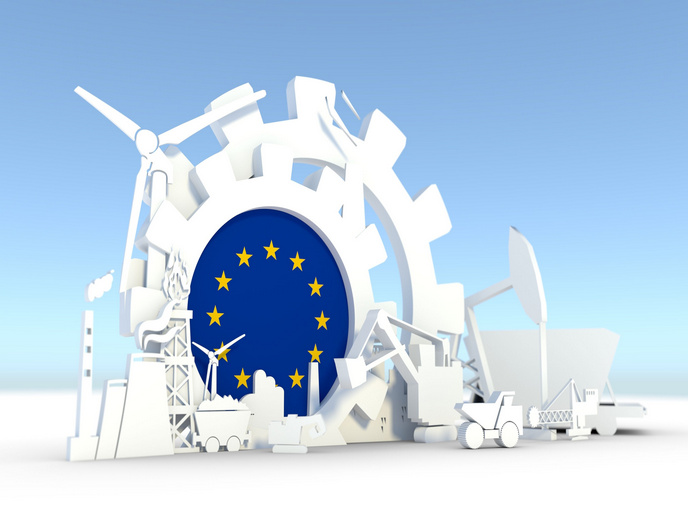Laser-assisted machining of challenging metals
Titanium- and nickel-based alloys, as well as stainless steel and high-strength aluminium alloys, are increasingly used to produce parts such as air inlet rings for aero engines, rim rings and components of exhaust systems. These materials are, however, regarded as difficult to machine. At the same time, product developers are faced with the challenge of realising complex geometries economically using these materials. Metal spinning offers advantages such as short set-up times, low tooling costs and the option of performing several process steps in one single clamping. The EU-funded project EASYFORM(opens in new window) (Laser-assisted metal spinning for an efficient and flexible processing of nickel- and titanium-alloys) was initiated to improve the industrial applicability of laser-assisted metal spinning to the processing of titanium and nickel alloys. Localised heating with the use of lasers can enhance the formability of materials and eliminate the need for time-consuming and cost-intensive additional heat treatment. Metal spinning companies, research organisations and a machine toolmaker joined in efforts to develop the forming process and the associated system technology. Specifically, EASYFORM partners designed a laser processing head that can be integrated with conventional metal spinning equipment. Innovative concepts for integration of the laser source into a metal spinning lathe were also developed. All system interfaces between the metal spinning lathe, the laser, the laser processing head and the metrology instrumentation were defined. In addition, methodologies to use it to form high-performance components made of titanium and nickel alloys were developed along with the necessary guidelines for quality control. To define the required processing methodology, the project team characterised the microstructure of selected materials. Researchers derived the temperature-dependent stress-strain curves and identified a suitable temperature range for nickel and aluminium alloys, stainless steel and high-strength aluminium alloys. Based on the results of this analysis, the researchers developed strategies for localised heating for each material and established the optimal process parameters. Optimisation was aided by experimental work and finite element model simulations. The EASYFORM laser-assisted metal spinning technology is expected to provide a significant boost to the competitive strength of European companies operating in the metal forming field. Its use will decrease production time and costs while enhancing product quality.







